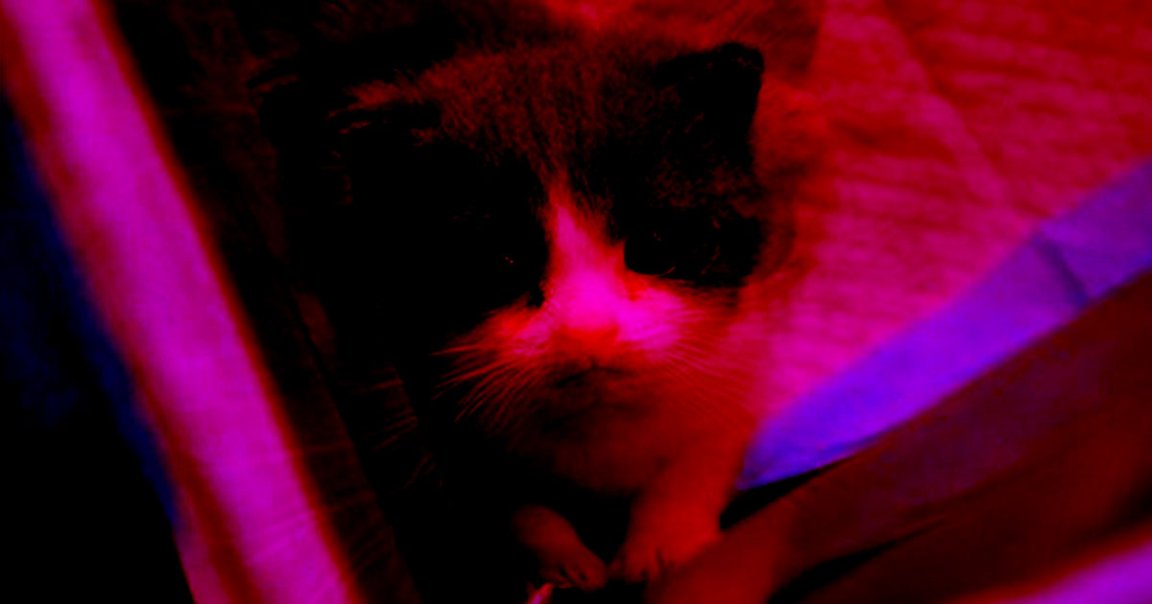
Garlic is a fluffy feline furball with a pink nose and tiny gray ears — just like the cat he was cloned from.
“My cat died of urinary tract disease,” Garlic’s owner Huang Yu told the Global Times. “I decided to clone him because he was so special and unforgettable.”
But while Garlic is biologically identical to his predecessor, he’s not the same cat — he has his own personality and is forming his own memories.
Now that China’s Sinogene Biotechnology Company has unveiled the nation’s first cloned cat, however, it says the next level will be to use artificial intelligence to transfer memories from a beloved pet to its clone.
Sinogene’s general manager told attendees at a press conference on Monday that “to make the cloned animal share the same memories with the original, the company is considering the use of artificial intelligence or man-machine interface technology to store them or even pass the memories to cloned animals,” wrote the Global Times, a paper run by the Chinese communist party.
While there’s no telling whether that’s even technologically possible, the fact that Sinogene is even looking into it could be taken as a sign that there’s a demand for pets that are identical — in both body and spirit — to their predecessors.
And that’s disturbing on a number of levels.
Cloning pets is already controversial — scientists have claimed that cloned animals aren’t as healthy, with shorter lifespans than naturally born animals, while some animal activists have argued that cloning pets is unethical given the number of shelter animals in need of homes.
Still, that hasn’t stopped Barbra Streisand, Simon Cowell, and an untold number of non-celebrities from shelling out thousands of dollars to have their beloved pets seemingly brought back to life.
Meanwhile, Garlic is barely a month old, and Sinogene says it already has “several” pet owners ready to pay approximately 250,000 yuan ($35,400) to have their own cats cloned.
And if the company can figure out how to clone pets’ memories, too, there’s no telling how many animals will waste away in shelters while grieving pet owners turn to science for help filling the cat-shaped holes in their hearts with potentially unhealthy knock-offs.
READ MORE: Chinese gene firm clones cat, sparking wide consumer interest [Global Times]
More on cloned pets: Pet Cloning Is Getting Cheaper — but It’s Still Horrifying